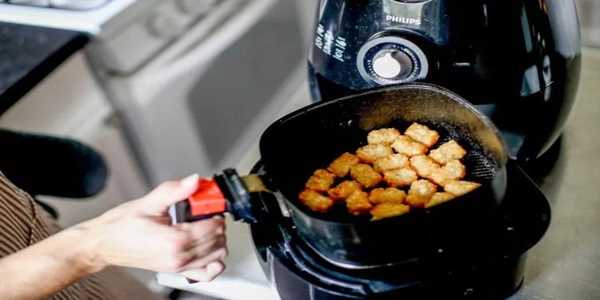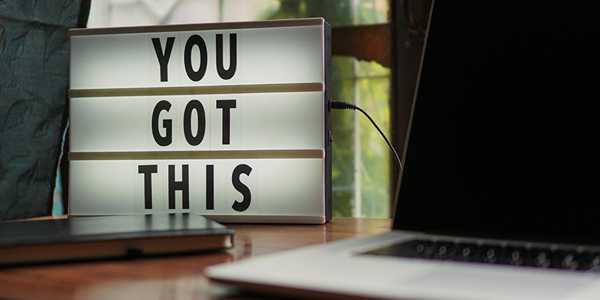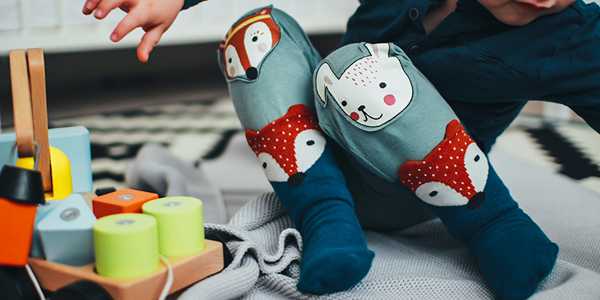The World’s 10 Best Hotels 2024: Your Next Dream Stay
The Best Travel Pillows 2024 – Pick the Right Buddy for Your Neck!
13 Minimalist Living Room Design Ideas for Modern Homes
12 Kitchen Color Schemes that Uplift and Inspire
Brainwaves: Is The Subconscious Mind Receptive Under Lambda Waves?
What Is The Spoon Theory? How Many Spoons Do You Have?
Postpartum Self-Care: Prioritizing Mental Health for Moms
10 Effective Baby Sleep Hacks: Establishing a Bedtime Routine
10 Essential Items for a New Mom's Hospital Bag
As you near the conclusion of your pregnancy and the arrival of your baby, one of the most significant milestones in making arrangements when delivery is fast approaching. It could be challenging not to know what to put in your hospital bag, especially for first-time moms/parents. What follows is a list of suggestions to help you begin preparing your hospital bag for labor or planned induced procedures. However, most of it depends on what will make you most comfortable.
As you near the conclusion of your pregnancy and the arrival of your baby, one of the most significant milestones in making arrangements when delivery is fast approaching. It could be challenging not to know what to put in your hospital bag, especially for first-time moms/parents. What follows is a list of suggestions to help you begin preparing your hospital bag for labour or planned induced procedures. However, most of it depends on what will make you most comfortable.
How and When to Prepare Your Hospital Bag
Time of day should be your primary concern when preparing your hospital bag. Aim to prepare one during the third trimester between 32 to 36 weeks into your pregnancy. A baby can be born before the official due date of 39 to 40 weeks, a period known as premature delivery. It would help if you begin packing about this time, regardless of the schedule.
Therefore, put your packed hospital bags in a common area like a hallway, foyer, or entryway so you and your travel companion can quickly collect them when ready. Remember to bring the bags; you can even throw them into the car as the due date approaches.
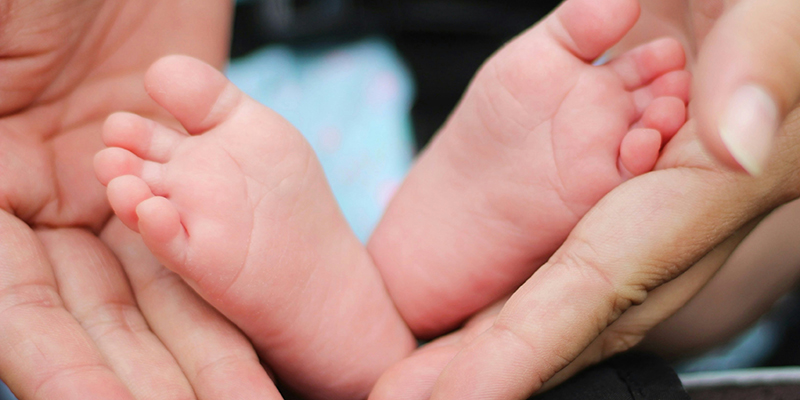
Essentials for Mom's Hospital Bag During Childbirth
Preparing for childbirth is an exciting yet daunting task for expectant mothers, and packing the hospital bag is a crucial step in the process. Bringing the right essentials can make a significant difference in comfort and convenience during the stay.
This guide focuses on what to pack in Mom's hospital bag for childbirth, ensuring everything needed for a more comfortable and stress-free experience is at hand. From personal care items to documents and everything in between, we've got you covered on the essentials that should not be overlooked.
1. Bring a Bathrobe
To keep warm in the hospital room, you'll spend much time curling up with your new baby. It would help if you chose a comfortable and washable one; your infant could spit on it. Several sets of nightgowns or pyjamas with button fronts: Bring an extra set of pyjamas or a nightgown in case you spend more time in the hospital than expected if you intend to breastfeed. (The length of time you spend in the hospital following giving birth might range from two to four days).
2. Consider Socks/ Pressure Socks
While the hospital may supply socks, it's usually a good idea to bring along a pair or two that you're already comfortable with, especially if they have grips. For the slick flooring of the hospital, choose the ones with a grip at the bottom.
Due to swollen legs and feet from IV fluid, pressure socks will come in the handle for mamas. It helps suppress swelling, which is called EDEMA.
3. Add Slippers
You should include a pair of slippers or slides as hospitals do not provide for that; peradventure, if the hospital does provide slippers, it may differ from your liking.
4. Don't forget A Lip Balm
Use a lip balm after giving birth to prevent further skin dryness, especially on the lips. The oxygen mask used after a cesarean section or excessive licking during labour is two potential causes of dry lips. Stay hydrated even while using lip balm because dehydration can be another cause of dry lips.
5. Include Some Toiletries
Bring along your favourite toiletries that help you feel comfortable and authentic. That might be a mini version of your regular shampoo and conditioner or an entire cosmetic bag with all of your hair care necessities.
Note: A hairdryer can also be brought along if needed. Also, remember to bring your glasses or contacts if you wear them; it's easy to forget them before leaving the house.
6. Pack Nursing tanks or bras
You should carry a hands-free pumping bra if you intend to pump. You can hold your baby or multitask while pumping with this. You can get help from a lactation expert on how to utilize it.
If you intend to breastfeed, apply nipple cream. For those who are nursing, a lactation consultant is usually available at hospitals if you need assistance learning how to breastfeed. The hospital can give you instructions on using your pump if you bring it there (after sterilizing it, of course).
7. Add Nursing Pillow/ Sleeping Pillow
You can bring a nursing pillow to the hospital so you may begin using it immediately. Moreover, to make your stay more comfortable, bring a pillow from home and do whatever else is necessary for good sleep.
8. Don't Leave Your Phone Charger Behind
A long phone charger is necessary due to the vast distances between hospital outlets and patient beds. If your phone charger is at most six feet away, you can keep your phone and other electrical devices close by as they charge.
9. Remember Baby onesies/swaddles.
Bring a couple of baby onesies to wear while the little one is in the hospital. Try side-snap onesies for new parents who are still getting the hang of changing a baby's clothes. And special attire for baby pictures if you wish to create some memories. However, Hospitals do provide swaddles. You can also pack a fancy one different from the hospital's swaddle.
10. Include Your Birthing Ball
This is a multipurpose ball used from the start of 3rd trimester, during labour, and after. It comes with an entertaining book to help relax your mind while contracting.
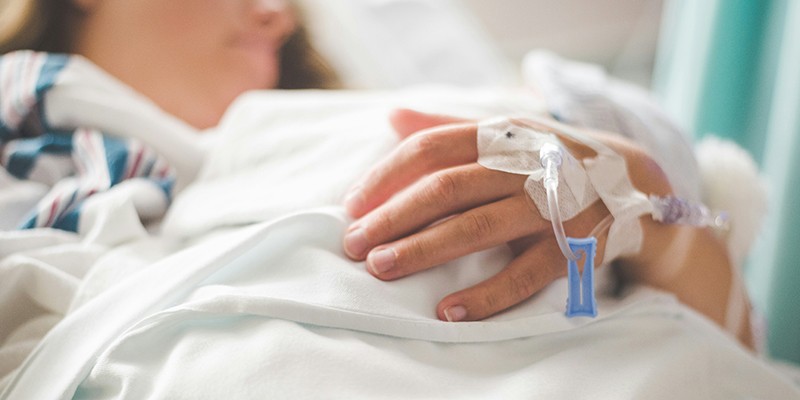
Additionally
Do you know it is mandatory to have a car seat before transporting your new champs out of the hospital in the United States? A car seat is popularly known as ‘The safety seat’ The hospital staff cannot legally install the car seat; therefore, please install it and familiarize yourself with its operation before arrival. Find a Child Passenger Safety professional in your area if you require assistance installing your car seat. The car seat is critical during the discharge phase, as the discharge nurse needs to see the baby strapped to the car seat before the baby and mother can be discharged.
If you do not have the time to do shopping before labour kicks in or are not financially bound to purchase those valuable items, do not fret. Most United States Hospitals provide baby supplies. As supplies run low, the hospital personnel will replenish the drawer so you can put the extras in your diaper bag and go home!
Essential Items for Your Hospital Bag
Now that you know the best lists that are helpful for mothers who are in dilemmas regarding what to pack in their hospital bag and when to start arranging things together. It can be overwhelming but doable. Do you is the rule of this journey: buying what you like makes you comfortable and fulfilled as a mother-to-be.








